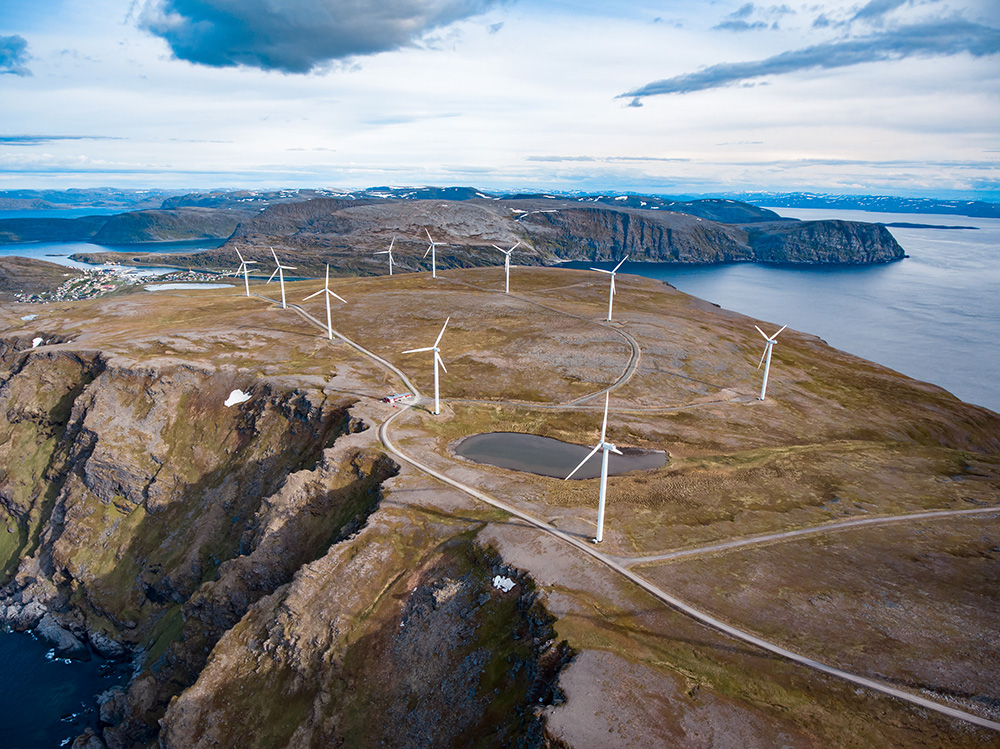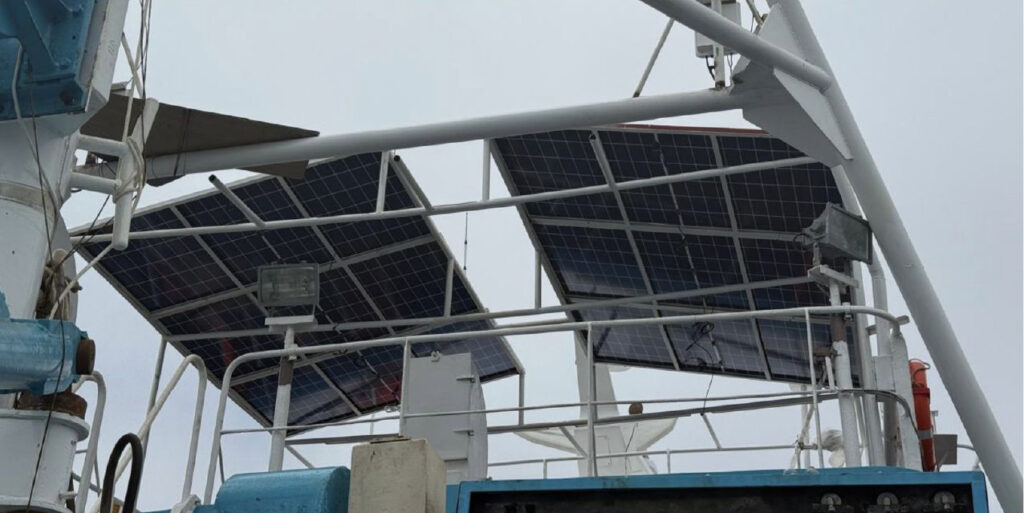By Alicia Ruiz, for the Decarboost Project; Adriana Bazán Fuster, Climate Finance Sr. Associate at Center for Clean Air Policy (CCAP)
July 2021
According to the World Economic Forum (WEF), the financial system can play a critical role in transforming economies, specifically through investments that take into account environmental, social and corporate governance factors (ESG) that will help achieve a sustainable recovery and a better future. The climate change crisis has many parallels to the pandemic, a threat to the region and the world with even more severe economic and health consequences. ESG investments account for more than USD 20 trillion, representing 25% of all professionally managed assets worldwide, often equaling or even exceeding traditional investments.
The WEF also notes that, for governments concerned about fiscal budgets during the recovery, ESG investments do not involve significant new cash outlays; in fact, they are presented as low-cost policies because they transfer from companies that make little or no effort to address climate change to companies that take the threat seriously and are making a major effort to address it. A country can prioritize its investments to address climate change and other social and environmental concerns without losing financial returns. There is no balance between investments in environmental assets and financial benefits, and not benefiting from them is an excuse to avoid the transformations that need to take place.
The investment community considers Latin America and the Caribbean to be an excellent region for new ESG investments, and impact investment could help combat the social and environmental challenges facing the region. In an interview for The DialogueIn the same interview, Blackrock states that pension funds are increasing their interest in ESG investments, but that there is no national exposure. It also highlights the importance of increasing sustainability awareness among consumers and investors to drive change in the region; in the same interview, The Association for Private Capital Investment in Latin America (LAVCA) mentions that ESG investments have been growing over the last decade, and that fund managers have dedicated new resources to monitor and measure the social and environmental impact of their investments; further highlighting the opportunity and appetite to invest in companies and projects that produce tangible social and environmental results.
In a report by NewClimate Institute it is noted that the financial institutions with cumulative assets of at least USD 47 billion are currently committed to climate investment objectives in Latin America and the Caribbean.. This represents 25% of the global financial market, which is around USD 180 trillion. By 2020, Mckinsey expressed that financial institutions need to consider risk in their portfolios, backed by a solid quantitative understanding and supported by new tools, metrics and analysis, as the main challenge is to protect their balance sheets from uncertainty. For McKinsey opportunities would lie in the financing of a green agenda: the transformation of energy production towards renewable energies, the renovation of plants to avoid or capture and store carbon emissions, and the electrification of transportation and automation of mobility. A report by the United Nations Environment Programme Finance Initiative (UNEP FI ) mentions that 41% of the Latin American and Caribbean institutions that participated in a survey acknowledged not having mechanisms to identify, analyze and manage climate risks, due to a lack of knowledge about the financial impact of climate change and the absence of regulatory requirements. Another survey conducted by the International Finance Corporation (IFC for its acronym in English) pointed out that the main challenges to the adoption and mainstreaming of green finance are the perception of insufficient support from senior management; low customer demand; lack of technical expertise and capacity; and the unknown costs of implementing green finance as a new line of business.
Many countries in Latin America and the Caribbean have already initiated measures to attract the attention of financial and investment players to decarbonization and the resilience of their economies.. There are different levels of progress within these initiatives and there is room to strengthen them and find synergies between them. Some are in the early stages of attracting key players from both public and private institutions (e.g. Ecuador, Peru) or generating a debate supported by knowledge sharing on international practices and trends (e.g. Bolivia, Guatemala, Chile). Other initiatives are already providing regulatory or guidance tools (e.g. Colombia, Mexico, Chile, Brazil).
In the meantime, the Inter-American Development Bank - Banco Interamericano de Desarrollo - IDB mentions that investment in green bonds - debt securities issued to finance projects that generate environmental or climate change benefits - increased eightfold in the last five years in Latin America and the Caribbean, with a more accelerated rise during the pandemic.
The Annual Review of Investment in Technology in Latin America and the Caribbean of LAVCA shows that 2019 was a record year for venture capital fundraising in the region (USD 1.08 billion across 28 vehicles). Another report from LAVCA shows that for the 2016-2017 period, there were 67 impact investments in Latin America and the Caribbean, with allocations of USD 4.7 billion, with microfinance and agriculture being the main investment sectors, and the technology sector also a key area of focus.. Phoenix Capital Group shows that 41% of the impact investments consider that could deploy capital in Latin America and the Caribbean in sectors such as microfinance, food security, health and clean energy..
According to the KPMG 2020 CEO Outlook: COVID19the CEOs of private sector companies also recognize that climate change poses a significant threat in the coming decades. and are maintaining their ESG commitments, while seeking to rebuild their organizations in ways that support a new, sustainable economy. 65% of the CEOs surveyed responded that. risk management in Latin America and the Caribbean with climate will play an important role in whether or not they keep their jobs in the next 5 years.. Moving forward, they seek to double down on structural changes that have emerged during the crisis, such as the decline in business travel (71% responded that they want to lock in the climate change gains made as a result of the pandemic).
Companies, many with operations in Latin America and the Caribbean, are already leading the transformation of the private sector in line with the goals of the Paris Agreement: Climate Action 100+, World Business Council for Sustainable Development (WBCSD), We Mean Business, Imperative21, B Corp Climate Collective, BLab, The B Team, Chief Executives for Corporate Purpose (CECP), The Coalition for Inclusive Capitalism, Just Capital, The Carbon Pricing Leadership Coalition, Net Zero 2030, Nexus+1, Race To Zero Campaignamong others.
London School of Economics (LSE) points out that companies in Latin America and the Caribbean will need to adapt as consumer demand shifts toward more sustainable products in key markets. The growing popularity of the proposals of the Green New Deal in the United States and the European Union will inevitably bring about regulatory changes that will reshape consumption patterns. Developing countries must anticipate these trade regulations and sustainability standards. ecological and orient its productive capacity towards the export of environmentally friendly goods and services that will enjoy long-term access to the largest consumer markets.




